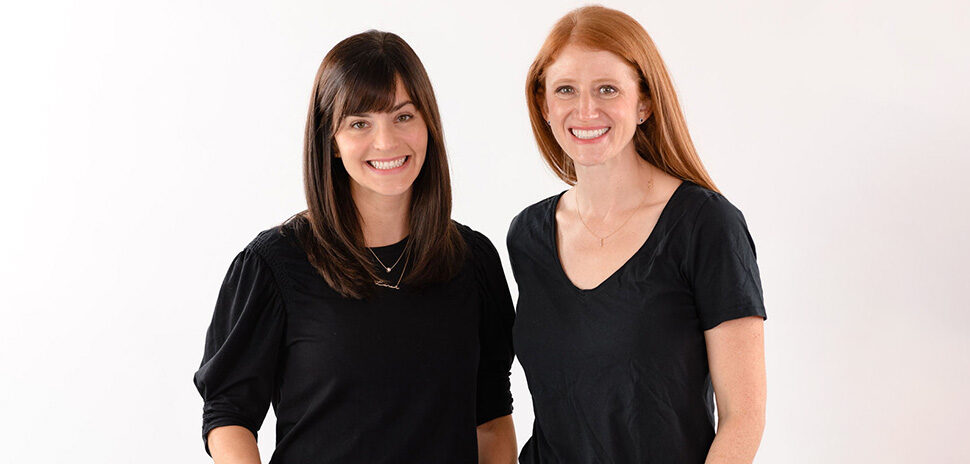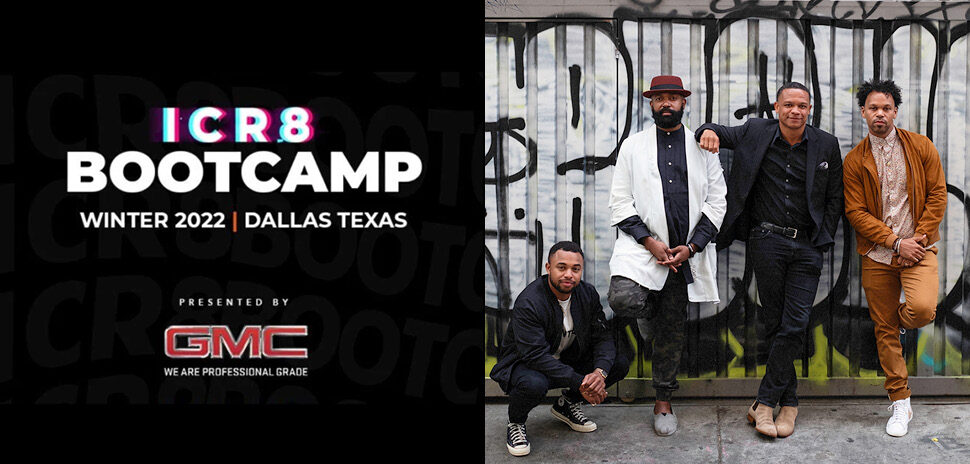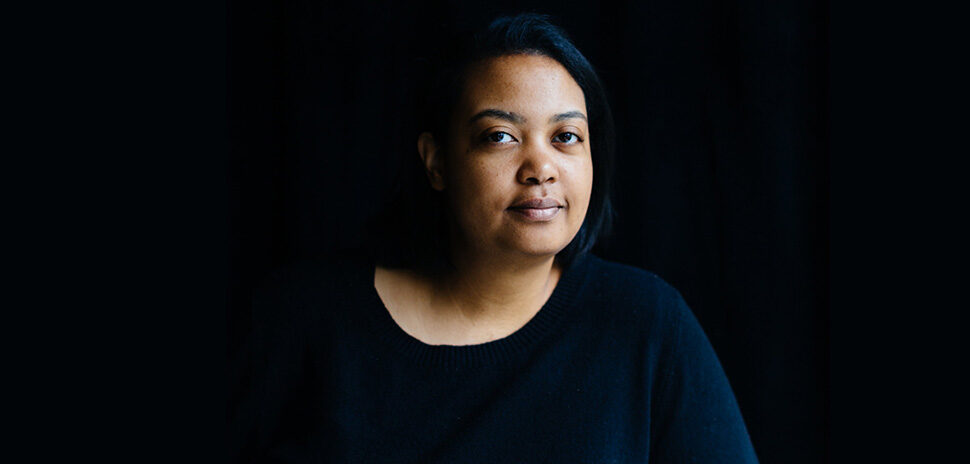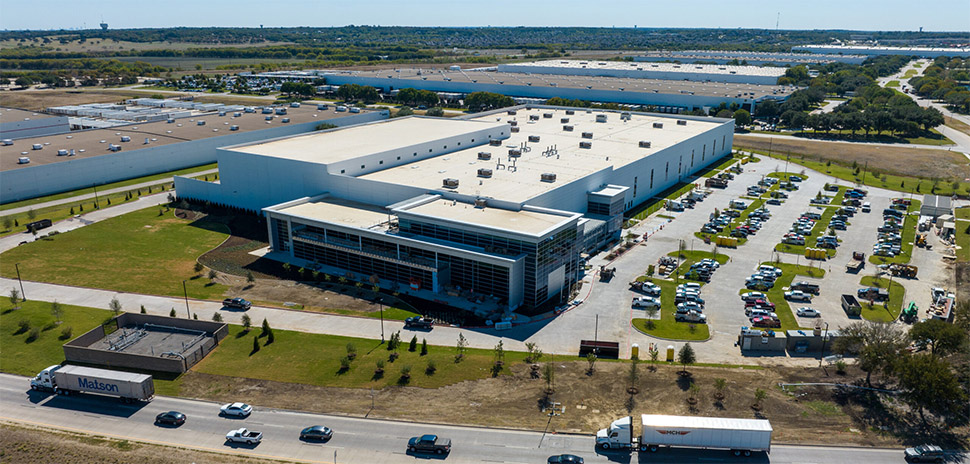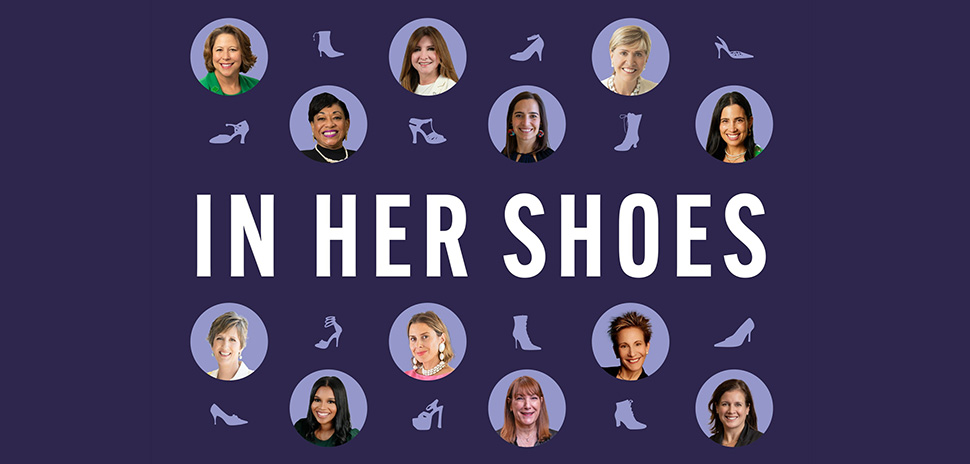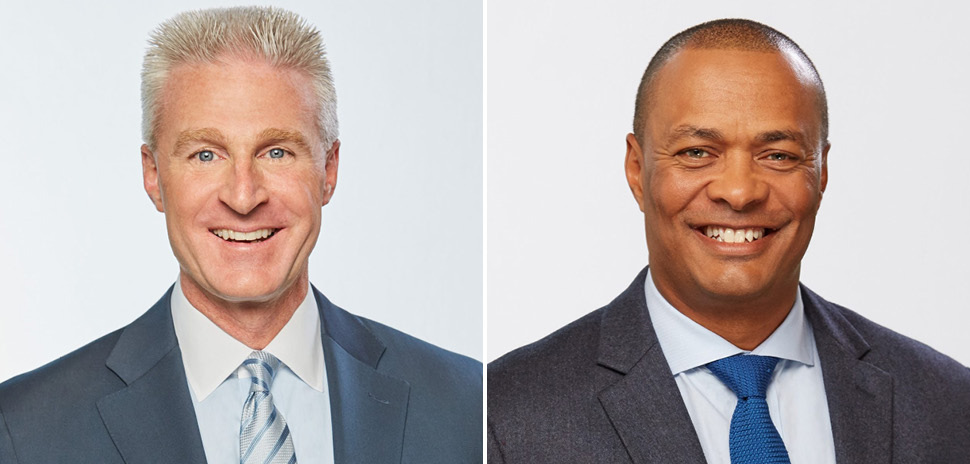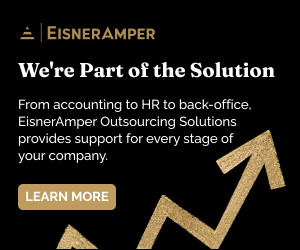Neiman Marcus has inked a deal to acquire a minority stake in Fashionphile, an e-retailer of preowned “ultra-luxury” handbags and accessories. The deal creates an exclusive partnership that will be a key part of Neiman Marcus’ transformation into a luxury customer platform.
The partnership is expected to serve as a catalyst for Neiman Marcus to help its existing customers buy and sell pre-owned luxe goods, while also reaching new, younger shoppers ahead of their peak spending years, according to a release.
The investment in Fashionphile will position Neiman Marcus for “long-term and sustainable growth,” Geoffroy van Raemdonck, Chief Executive Officer, Neiman Marcus Group said.
The secondhand sector, projected to grow from a $24 billion market today to $51 billion by 2023, has grown 21 times faster than the retail apparel market over the past three years.
“Fashionphile’s hyperfocus on curating high-quality supply and providing best-in-class shopping experiences makes it the ideal partner,” Raemdonck said. “With Fashionphile, we will engage with customers participating in the secondary market and introduce Neiman Marcus to younger and aspirational shoppers already devoted to luxury brands.”
Pre-owned is a growing and attractive segment, and Neiman Marcus is the first major luxury brand to directly invest in it, according to the company.
The sector, projected to grow from a $24 billion market today to $51 billion by 2023, has grown 21 times faster than the retail apparel market over the past three years, according to a 2019 resale report from online pre-owned marketplace thredUP.
Resale: An emerging disrupter
A new Wells Fargo report pegs the resale market as a growing trend.
“In recent years, the retail industry has dealt with multiple disrupters (e.g. off-price, fast fashion, e-commerce), and we believe that another key disrupter is emerging: the resale market,” wrote Wells Fargo analysts as reported by MarketWatch.
Pre-owned partners
Fashionphile is ideally positioned to benefit from the growing trend, Ben Hemminger, Fashionphile’s Co-founder and Chief Executive Officer said in the release. With the new partnership, he expects to leverage the resources, capabilities and expertise of Neiman Marcus to help his company scale more quickly.
“Customers are approaching luxury in new ways, and pre-owned is at the center of that shift,” he added.
“Neiman Marcus is the perfect partner for Fashionphile as we pursue more innovative ways to engage with customers,” Sarah Davis, Founder and President of Fashionphile said.
How it works
Together, the two companies aim to make it easy for buyers and sellers to participate in preowned.
Fashionphile offers one of the largest inventories of preowned luxe items — some 15,000 items. The company was ranked as one of the top most-searched fashion brands on Google in 2018, according to the release.
Customers can bring items to select Neiman Marcus stores to get an immediate quote from Fashionphile, and can use any payments they receive to “reinvest in new luxury fashion items” at Neiman Marcus.
Resale: A smarter model?
Resale is simply “a smarter model” according to industry expert Andy Ruben. Ruben is chief executive of Yerdle, a company that provides technology and logistics for brand resale programs and previously led sustainability efforts for Walmart Inc., writes MarketWatch’s Tonya Garcia. “This is the biggest opportunity in the supply chain, period,” Ruben said in the publication. Ruben previously led sustainability efforts for Walmart Inc.
Eco-issues are top of mind, Garcia writes, and that’s driving growth. Getting use out of something that’s already made is a good thing: “Bring back an item that’s going to its next wearer,” Ruben said.
“There’s a shift in how we shop and as it’s happening, brands are realizing they can’t cede this ground to disrupters,” he said in MarketWatch. “As brands get into this space, it’s only going to move faster.”
![]()
Get on the list.
Dallas Innovates, every day.
Sign up to keep your eye on what’s new and next in Dallas-Fort Worth, every day.










![Together, Neiman Marcus and Fashionphile want to create an elevated pre-owned experience for their consumers by matching the physical footprint and loyal customer base of Neiman Marcus with Fashionphile’s digital inventory of 15,000 ultra-luxury items. [Photo: Business Wire]](https://s24806.pcdn.co/wp-content/uploads/2019/04/NeimanMarcusFashionphile.jpg)
